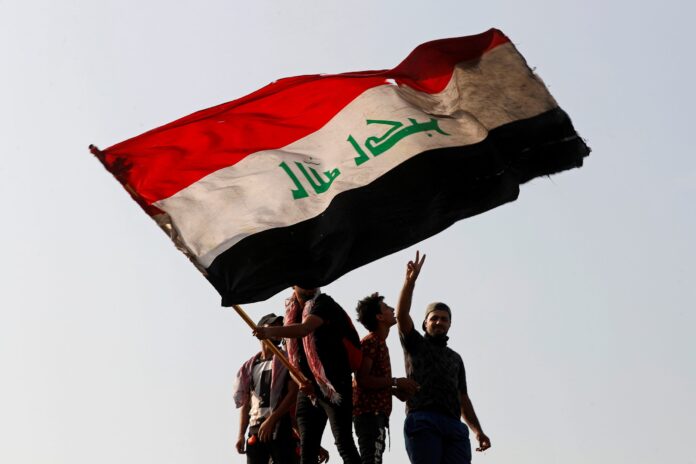Author: C. Anthony Pfaff
Affiliation: Atlantic Council (nonresident senior fellow), US Army War College’s Strategic Studies Institute
Organization/Publisher: Atlantic Council
Date/Place: Feb, 2021/USA
Type of Literature: Report
Word Count: 9800
Link:https://www.atlanticcouncil.org/wp-content/uploads/2021/02/BD-IRAQ-ROADMAP-7.pdf
Keywords: Iraq, ISIS, Kurdistan, US, Europe
Brief:
This report seeks to guide US and European policymakers on the role they should play in Iraq’s rebuilding so that it does not fall into the hands of other states in its need for aid. The challenge Iraq currently faces ranges from fixing the politically destabilizing Muhassassa system, the disenfranchisement of its ethno-sectarian minorities, low oil prices and subsidies, unemployment and underemployment, Internally Displaced Persons (IDPs) , and foreign-backed militias to name a few. The author acknowledges that some gains have been made such as fighting back ISIS and reducing its territory, improving its relations with its neighbors, a modestly improving economy and observable nationalism over ethno-sectarianism in elections. To further stabilize the country, specific measures need to be carried out. Politically, fair elections must be held that should be monitored by independent, international partners. Constitutional reform must be carried out by the Presidential Commission, facilitated by Parliament. Militias and non-governmental security forces need to be reintegrated while nationalizing the Iraqi Security Forces. NATO must develop a role outside of the US-Iran confrontation and invest in Iraq’s stability. Lastly, the Western allies must allow other states, like China, to also invest in Iraq—but be cautious of Iraq growing too dependent on others.
By: Sahar Sadiq, CIGA Research Intern




